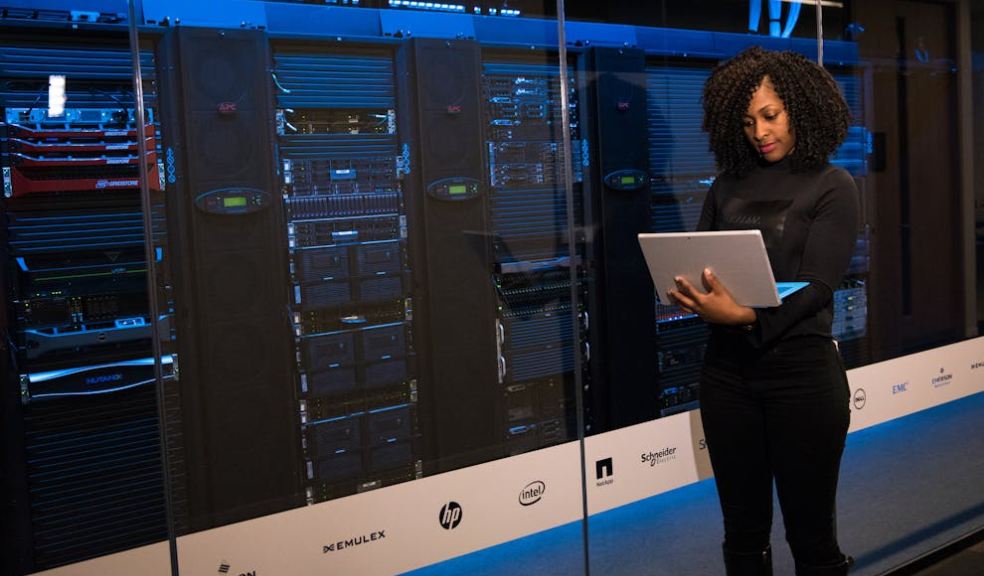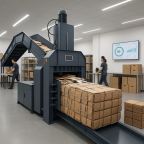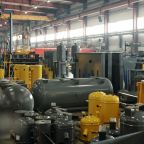
The Rise of Custom Electrical Systems in Factories
In the dynamic world of modern manufacturing, factories are increasingly pushed towards greater efficiency, flexibility, and sustainability. Traditional, one-size-fits-all electrical systems frequently fail to meet these evolving demands.
As an electrical power engineering expert, I have seen a significant shift towards adopting custom electrical systems. These tailored solutions are specifically designed to enhance factory performance and competitiveness. This piece will explore the key factors driving this trend and the distinct advantages custom electrical systems bring to contemporary manufacturing environments.
The Need for Customization
1. Enhanced Efficiency
Custom electrical systems are designed to fit the specific operational requirements of a factory. Unlike generic systems, which can include unnecessary components or lack crucial features, custom solutions streamline power distribution and control. By optimizing electrical layouts and incorporating advanced technologies, factories can achieve significant improvements in energy efficiency, reducing operational costs and environmental impact.
2. Flexibility and Scalability
Manufacturing processes are continually evolving, driven by technological advancements and changing market demands. Custom electrical systems offer the flexibility to adapt to these changes with ease. Whether a factory is expanding its production lines, integrating new machinery, or shifting to more automated processes, custom solutions can be scaled and modified to meet new requirements without extensive overhauls. This adaptability ensures that the electrical infrastructure remains aligned with the factory’s growth and innovation strategies.
3. Improved Reliability and Safety
Safety and reliability are paramount in industrial settings. Custom electrical systems are engineered to meet the specific safety standards and operational demands of each factory. By addressing unique challenges and potential hazards, these systems enhance the overall safety of the manufacturing environment. Additionally, custom solutions often include advanced monitoring and diagnostic tools that help prevent downtime and identify issues before they escalate, ensuring consistent and reliable operations.
Technological Advancements Driving Custom Solutions
1. Smart Technologies and IoT
The integration of smart technologies and the Internet of Things (IoT) is revolutionizing factory operations. Custom electrical systems can incorporate smart sensors, automated controls, and real-time monitoring to optimize performance and efficiency. These technologies enable predictive maintenance, reducing downtime and extending the lifespan of equipment. IoT connectivity also facilitates seamless communication between different systems, enhancing overall productivity and coordination within the factory.
2. Renewable Energy Integration
As sustainability becomes a critical concern for industries worldwide, factories are increasingly turning to renewable energy sources. Custom electrical systems can be designed to integrate solar panels, wind turbines, and other renewable energy solutions. This integration not only reduces reliance on traditional power grids but also contributes to a factory’s sustainability goals. By optimizing energy usage and incorporating energy storage solutions, custom systems ensure a stable and efficient power supply from renewable sources.
3. Advanced Control Systems
Modern factories require sophisticated control systems to manage complex processes and ensure precision. Custom electrical solutions can include advanced control technologies, such as programmable logic controllers (PLCs) and distributed control systems (DCS). These technologies provide precise control over manufacturing processes, enhancing quality and consistency. Additionally, they offer the flexibility to adapt to new processes and machinery, supporting continuous improvement and innovation.
Tailoring Success: Expert Insights into Custom Electrical Systems
As an expert in electrical power engineering, I understand the transformative impact custom electrical systems have in sectors like healthcare and data centers, where reliability is paramount. These systems, enhanced by low voltage (LV) switchboards, are vital for maintaining high standards of operation.
Healthcare Facilities: Ensuring Uninterrupted Care and Compliance
Reliable power is critical in healthcare, as it supports life-saving equipment and ensures patient safety. Integrating LV switchboards designed for healthcare's rigorous power demands allows facilities to maintain essential services without interruption, fully complying with health safety regulations. This setup protects patients and ensures that all medical devices operate without electrical interference.
Data Centers: Maximizing Uptime and Efficiency
Data centers, the digital backbone, require constant uptime; any disruption can lead to substantial losses. Custom electrical systems with LV switchboards handle high power loads and enhance fault protection, which is crucial for 24/7 operations. These scalable systems support data growth without sacrificing performance, making them indispensable for data management and storage needs.
Enhancing Critical Industries with Custom LV Switchboards
Custom LV switchboards are fundamental in sectors that demand unyielding electrical reliability. Their design meets industry needs, providing safety, efficiency, and compliance. My experience highlights their importance in not just meeting but surpassing the rigorous requirements of sectors where power reliability cannot be compromised.
Conclusion
The rise of custom electrical systems in factories marks a significant shift towards more efficient, flexible, and sustainable manufacturing. By addressing the unique needs of each factory, these systems enhance performance, reliability, and safety. As technological advancements continue to drive innovation, the adoption of custom electrical solutions will likely become even more widespread, shaping the future of industrial operations. Factories that embrace this trend will be better positioned to meet the demands of a competitive and rapidly changing market, achieving greater success and sustainability











